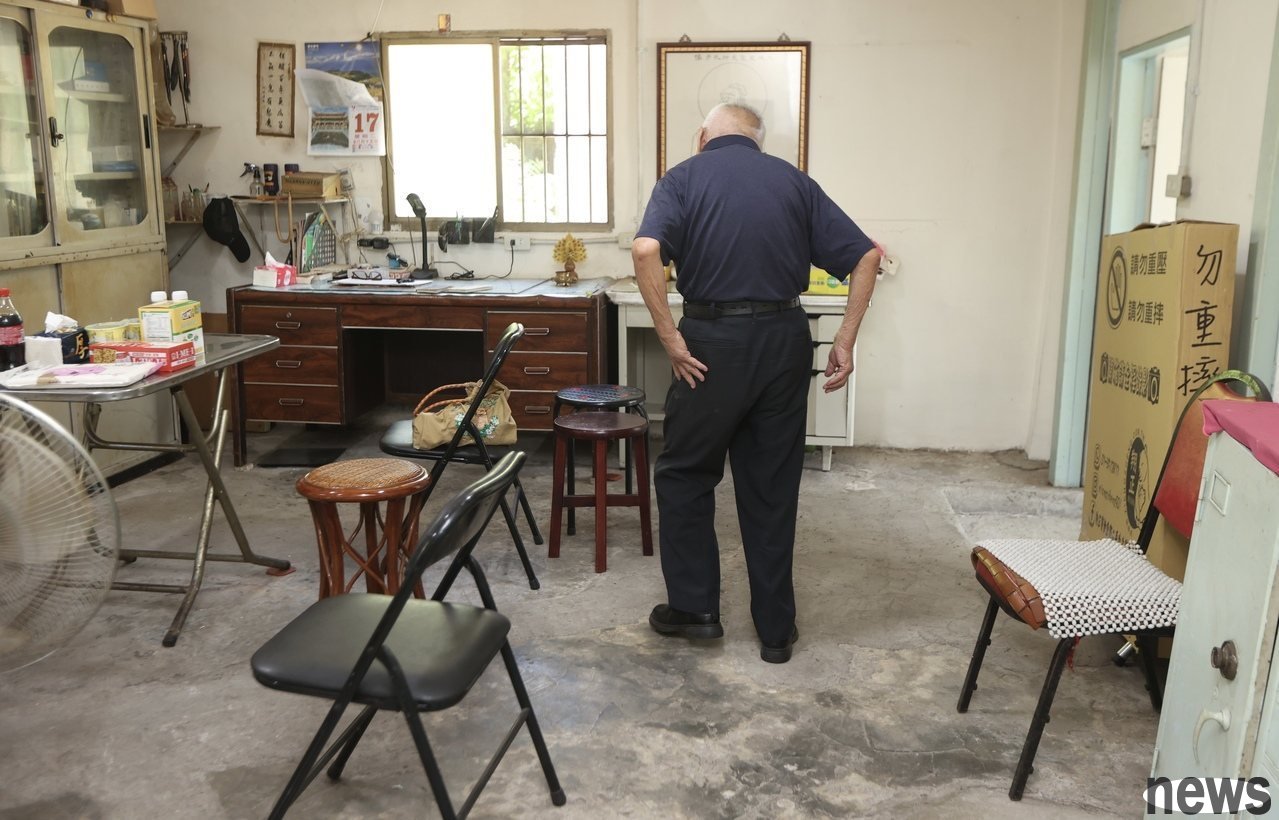A 70-year-old man left and slid his camera "to degenerate my brain" and things that the elderly should pay attention to when organizing their homework

Life requires appropriate preparations and tolerances according to different age stages. The Japanese senior support group "General Social Group Legal Person LMN" introduced the issue from 50 to 70 years old, including the organization of home items, the processing of children's rooms, the management of collectibles, and whether to continue driving. If you can act according to age, it will not only avoid unnecessary losses, but also improve the quality of life.
50-60 years old: Start the first stage of homework organizationFar Teng suggested that 50-60 years old is the time when the body and mental state is still good, and it is suitable to start the first stage of homework organization: "Don't remove it at one time, but adopt an advanced method. The principle is "You can consider and eliminate things that you have not used for a year" and gradually reduce unnecessary items in your home."
{999 9}Far Teng took a man over 60 years old, and once took off all the furniture and quilts in the children's room that had been moved out independently. However, soon after, the child went to work and went home to prepare for a job. The father had to buy daily necessities again, which was only a step further.
Feng Teng reminds: "When you are 60 years old, even if your child has left home, you may still return to your parents' home due to work or life. Handling all items too early may cause trouble in the future. It is recommended to make a "term for retaining items" with your child first. If the period exceeds the deadline, it will be denied. At the same time, it is best to ask the child to take away the reminiscence items such as collections and bonuses. "
In addition, Fuji also recommends that if the children's room is tidied out, other items can be placed at a time, and when they are about to enter the late-stage high, they will gradually clean up the second stage.
Around the age of 70: Carefully organize interest and hobbiesAfter entering the age of 70, the focus of item sorting will turn to "interest and hobbies".
Fargotou is a man in his 70s as an example. His biggest hobby is photography, and his home is full of camera materials and accessories. But as he was old, he didn't want to go out, so his family urged him to clean up, so he took all the equipment apart. However, after losing the photography activity, he became closed, and the activity volume dropped sharply, eventually leading to deterioration of cognitive function.
Fu Teng pointed out: "Interests and hobbies are not single toys, they are very important 'health devices'. Whether it is a camera, utensil, or musical instrument, these props can prompt people to move, think, and communicate with others. If they are separated too early, they may reduce opportunities for going out and socializing, which will lead to decreased muscle strength, decreased intentions, deterioration of cognitive function, and even increase anxiety risks."
{twenty three} {twenty four}
The value and processing time of collectiblesMany people will worry about the value of collectibles when they reach the old age. After the death of their families, their families do not know the value of the collectibles and will sell them at will. Far Teng suggested that collectibles should not be rushed to be kept apart, but should be arranged reasonably according to age.
For example, book lovers often stock up on a large number of books, but for themselves, their families may not understand their value. Tofuki said: "If reading books is a part of life, you don't have to rush to sell books. You can first pick out books that you will not read again and discard them, and keep the others first; when you are around 75 years old, then make a decision to retain or sell them. At this age, you still have the ability to judge the market situation by yourself. If the books are indeed valuable, you can also consider inheriting them to the next generation." After the 70s, another common course question is whether to submit a photo. Fuji pointed out that driving problems cannot be discussed in a general way, but must be determined based on physical condition and living environment.
If you live in a city with convenient public transportation, submitting a license may not have much impact; but in remote areas, lack of cars will lead to inconvenience in life. Far Teng suggested that after the age of 75, you can evaluate whether it is suitable for continuous driving based on the results of vision and awareness function detection.
Life planning is not a subject that needs to be considered at the last moment of life, but a long-term planning that should be carried out in stages. The key to the emphasis of the Fuji Eiki is not to let go, but to "preserve the quality of life." Only by properly managing items, interests and lifestyles can you still be at ease and at ease in your high age.
‧50-60 years old: Start the first stage of sorting to avoid being busy in the future‧70s: Be careful to handle interest and collectibles, and retain the focus of life
‧75 years old: Evaluate driving ability and consider the convenience of life




